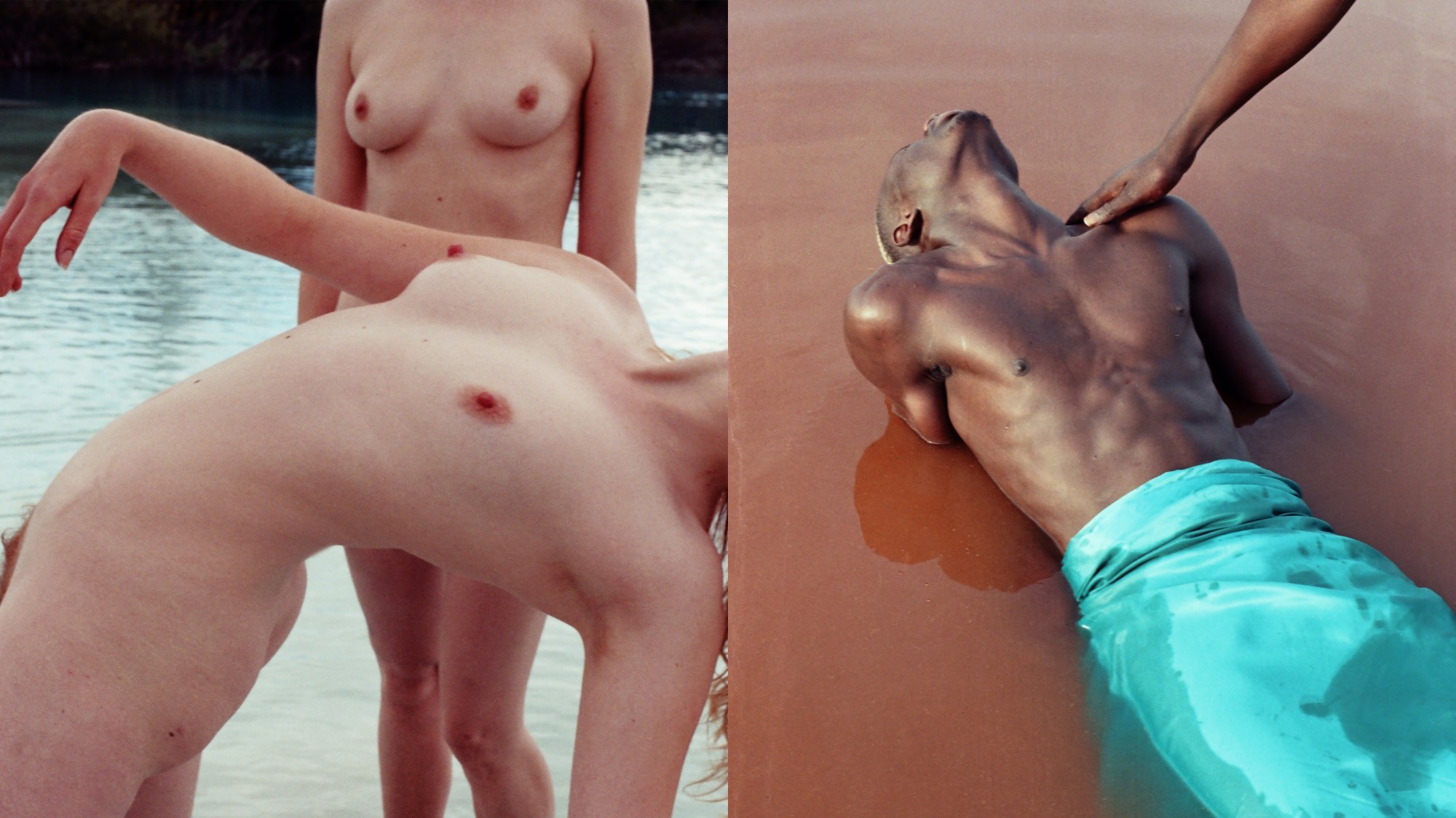Humans consist of up to 60% water. Yet, looking at the way we treat our oceans, lakes and rivers, you’d hardly think we had any connection to, or appreciation of, this fact. Current predictions suggest that, globally, we throw 18 billion pounds of plastic trash into the ocean every year. It’s against this backdrop — of frightening destruction on one side and widespread human indifference on the other— that Dominican, Barcelona-based photographer and writer Denisse Ariana Pérez has brought her first photobook, Agua, into being.
As you might expect from the title the project is dedicated to water but, speaking over Zoom, Denisse admits that it was only recently that she truly felt drawn to the element. “It’s ironic that I grew up on an island [the Dominican Republic] but never really had a relationship with water — I was practically surrounded by it,” she says with a smile. As indifferent as she may have once been, the draw of the tides became hard to ignore as she got older. “I never spoke to water, but eventually water spoke to me.”
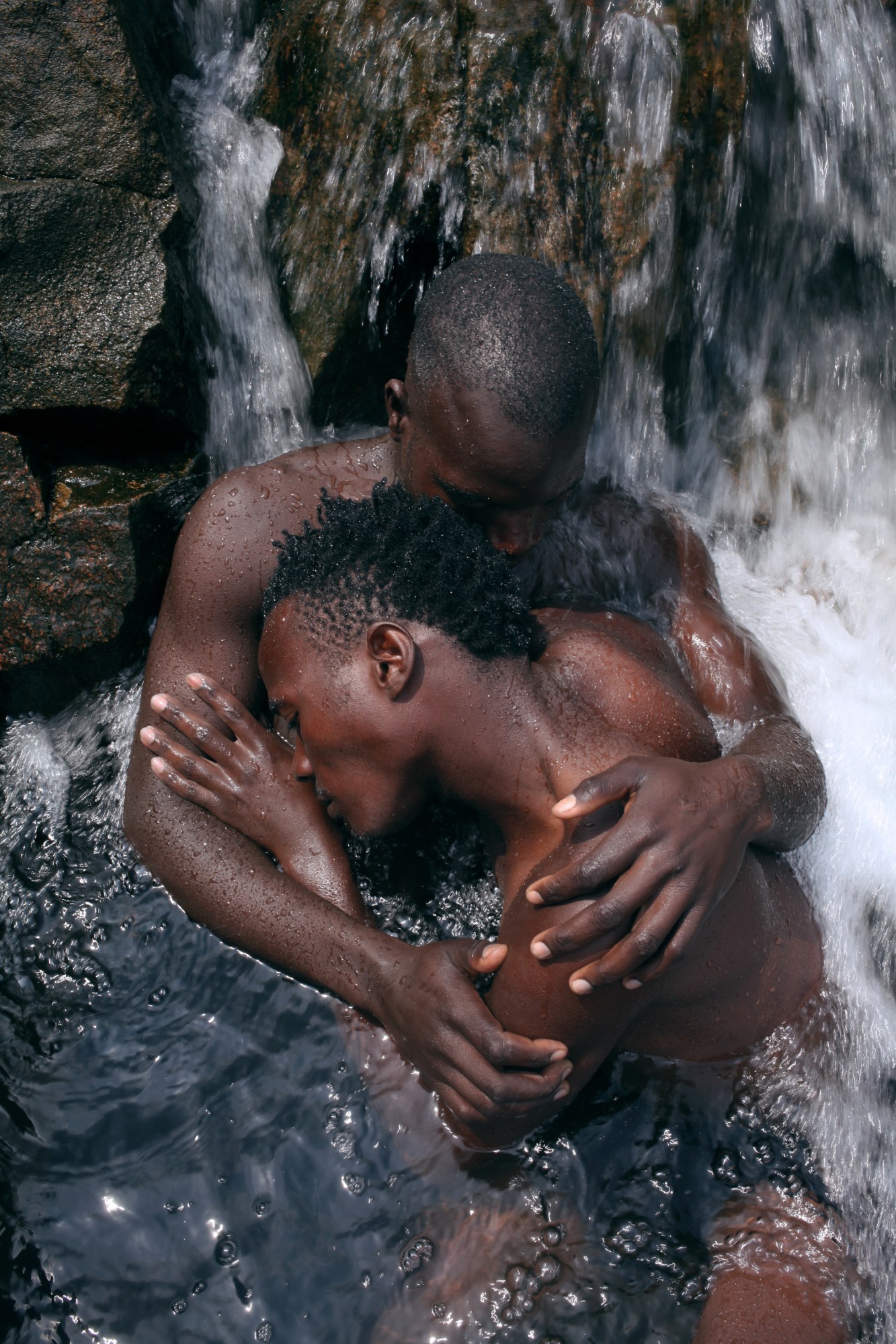
The call from the water began as more of a whisper than a strident proclamation. While working on a project exploring African masculinity, she began photographing subjects in water, feeling that its fluidity and flow allowed for a “disarming of facades”. Noting that she’d amassed a body of images in and around lakes and rivers, she realised that something bigger kept drawing her to the water side — she just wasn’t sure what. Eventually, she consciously decided to “chase the water” and turned her focus to something that would later become Agua; a project that explores the question; “What happens when you actually engage in conversation with nature, actively?” As it turns out, it can respond in ways that you didn’t realise were possible.
Showing bodies — across a spectrum of gender, race and experience — in silent commune with the water around them, Agua reminds us that humans don’t need to be in constant conflict with the natural world. Beneath this sense of tranquility, more difficult emotions bubble away beneath the surface. “Not everybody can float in calmness,” Denisse says. “Water can be forceful and violent.”
A major aspect of Denisse’s process became helping her subjects to temporarily overcome the physical discomfort and anxiety of being in the water. “There was a lot of holding someone’s hand and breathing with [my models], allowing them to relax and try to connect,” she says. A lot of the power of water, after all, lies in its unknown depths and the changeability of its tides; aspects of its being which are far from humans’ control, but ones we have to accept rather than fight.
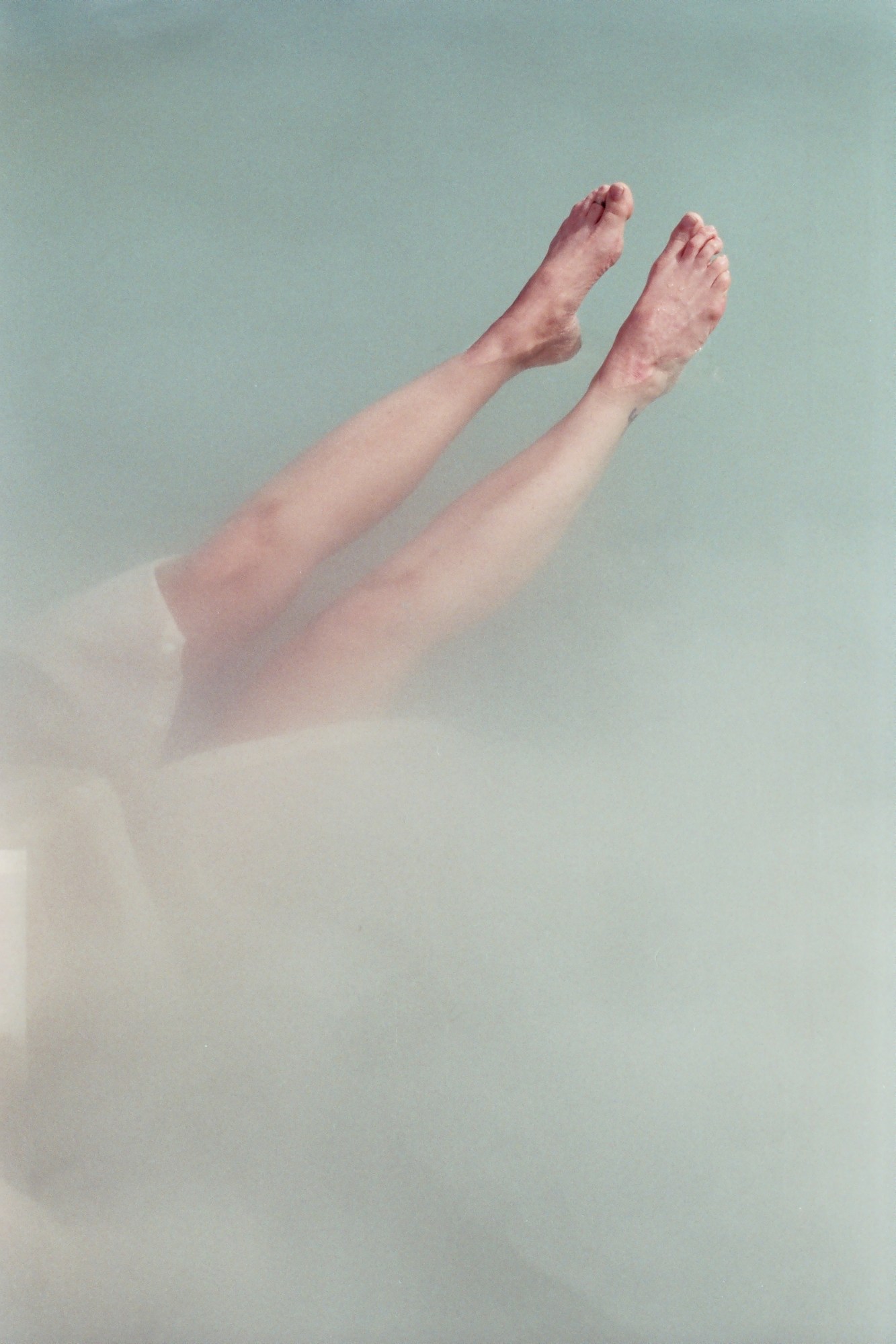
The creation of this book took Denisse from Lake Victoria, Africa’s largest lake, to icy water landscapes in Denmark. The journey confronted her with some of the most shocking realities of water pollution. “The Lake Victoria region has areas that have become so polluted that it’s just plastic,” she recalls. “That was very devastating to actually see. Some people have become absolutely acclimatised to it and some are paying the consequences in a more drastic way.” To help address the situation in the literal sense, 10 percent of the sales from Agua will go to FACE Africa, a charity tackling the water crisis by bringing clean water, sanitation and hygiene programs to remote communities in Sub-Saharan Africa.
It’s worth stressing, however, that Agua also addresses the destruction of our waters in a more holistic fashion. Rejecting a “tragic, victimised” lens when it comes to documenting the natural world around her, Denisse used the project to craft fantastical oases through choice, not chance. “It’s, of course, important that people see pictures of drought and plastic, but sometimes that’s easier to ignore, because people don’t want to have those conversations,” she says. “Maybe it’s through something sensorial or a more energetic connection to the elements that people will be forced to care [about these issues].” Agua goes some way to sparking that spirit of connection and while it isn’t necessarily a call to action, it is an invitation.
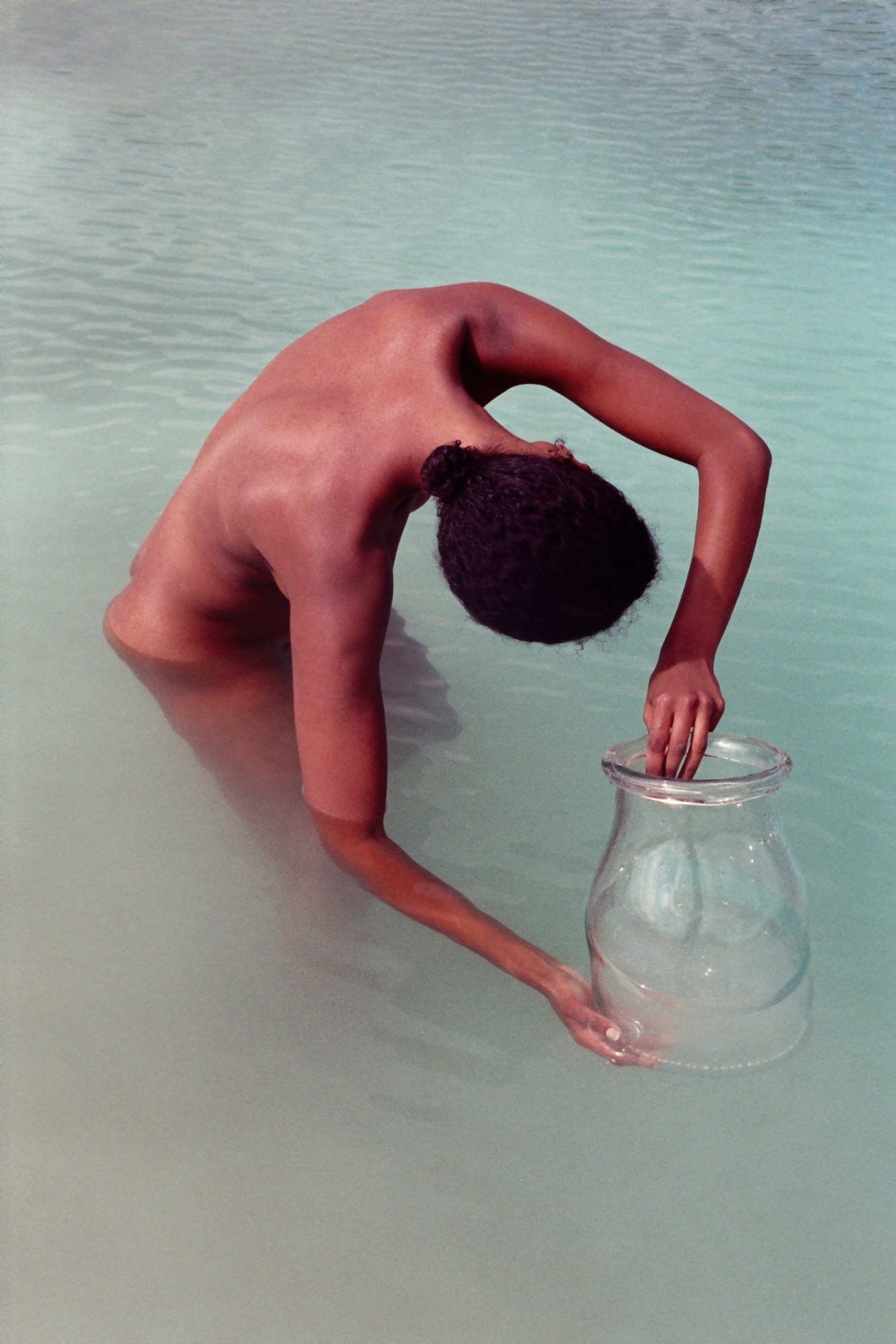
With images of humans basking in the natural beauty of water, we’re asked to cultivate an affinity with the lakes, rivers and oceans we’ve come to neglect. These portraits of humans peacefully floating in water evoke an image of an alternative reality outside of the anthropocene, one where humans accept and come to terms with their interdependence on nature. Creating a sense of universality though her images, Denisse is intent on us knowing that we’re just one link in a much wider ecosystem — one that began before us and will continue on without us. After all, like the book’s epigraph reminds us: “We all come from water, we floated before we walked or talked.”
Agua is available to pre-order via Guest Editions now. You can read more about FACE Africa and donate here.
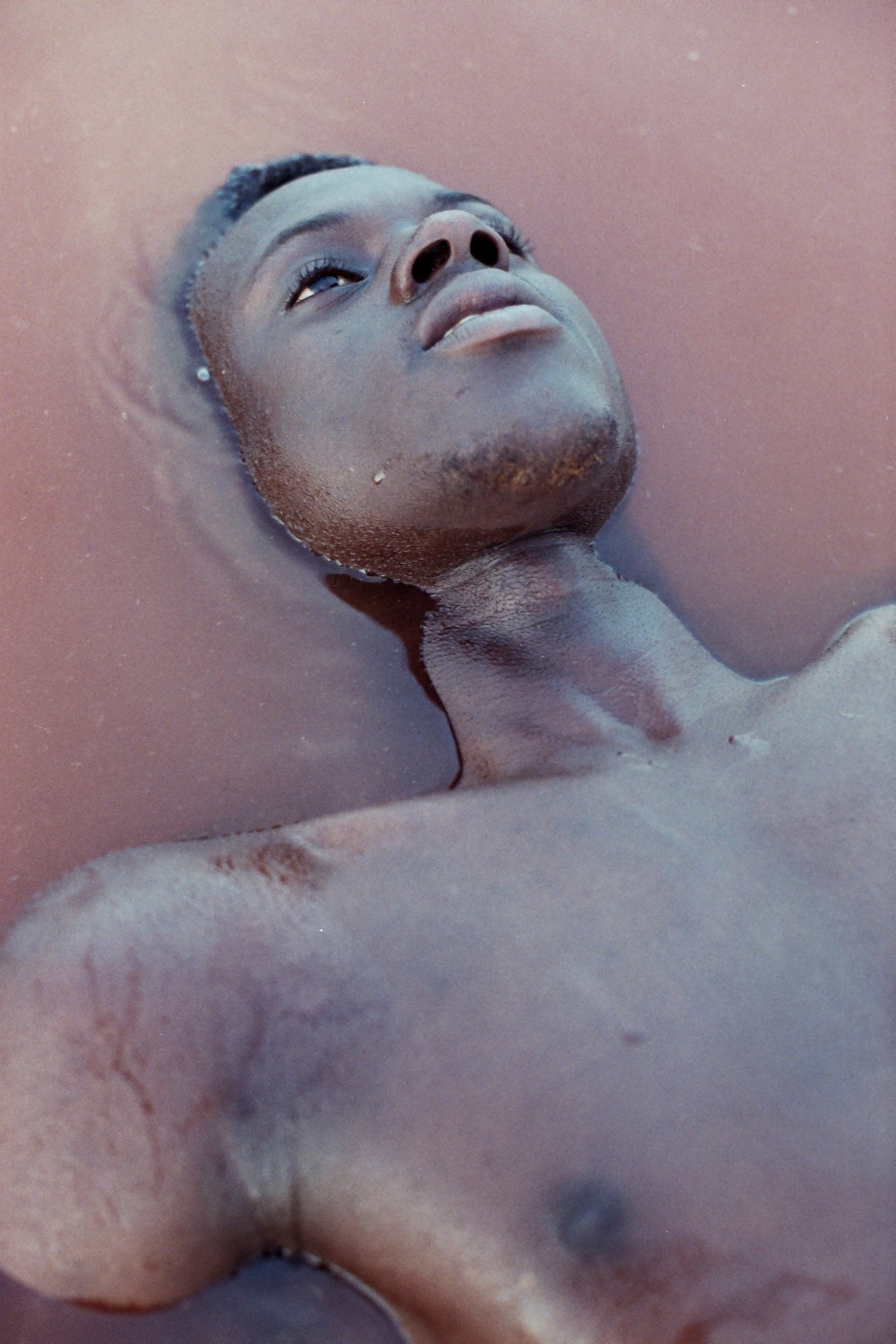

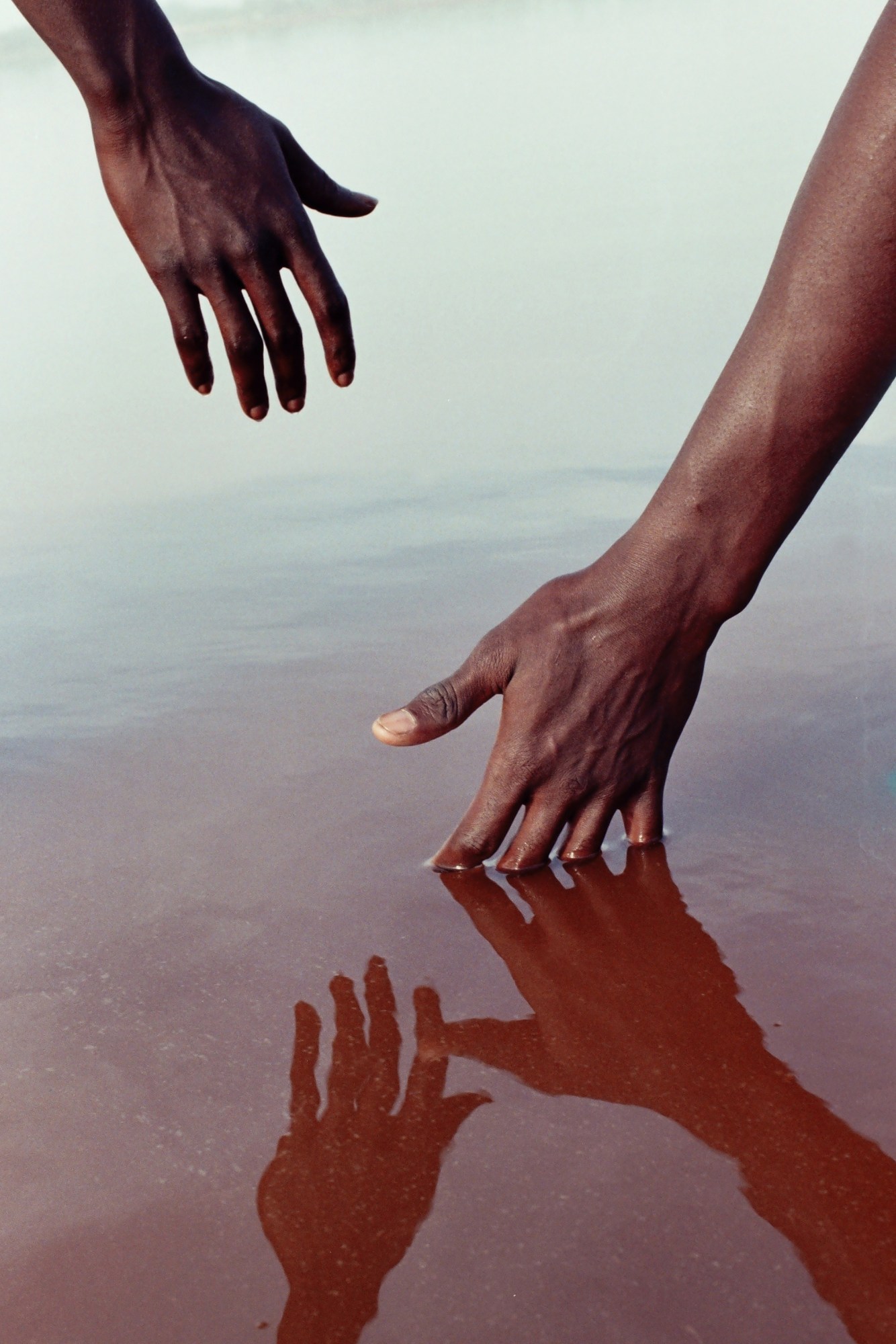

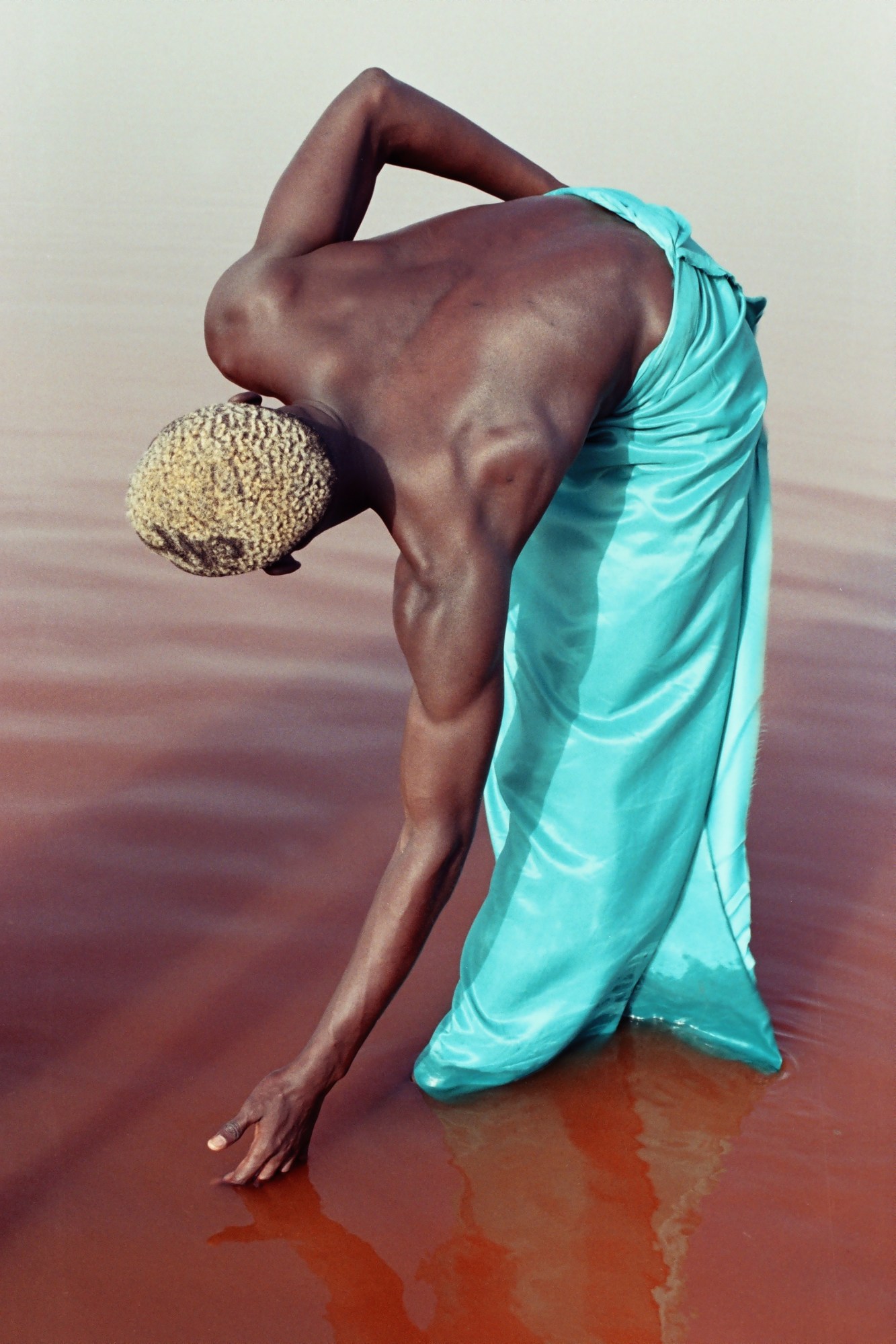
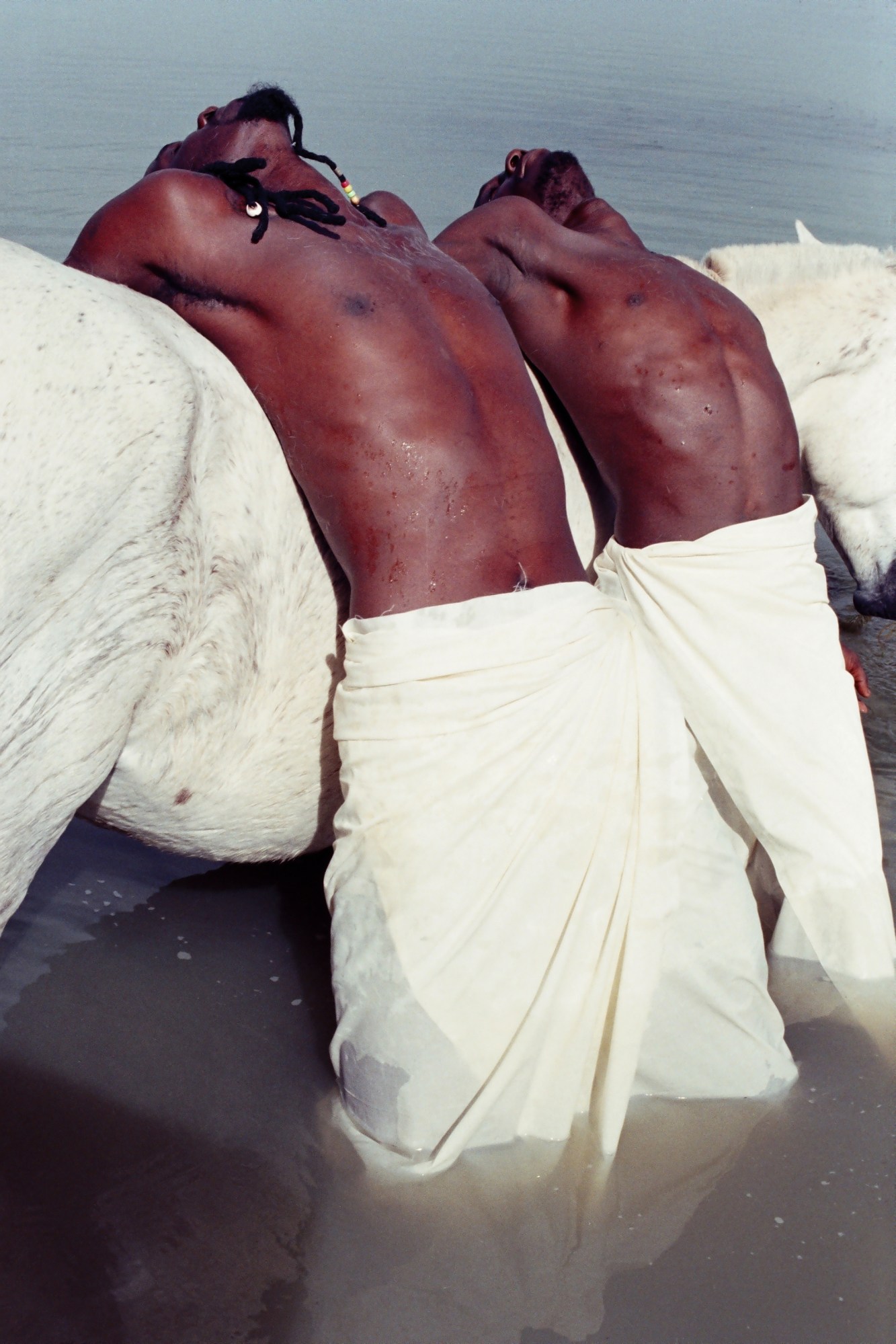
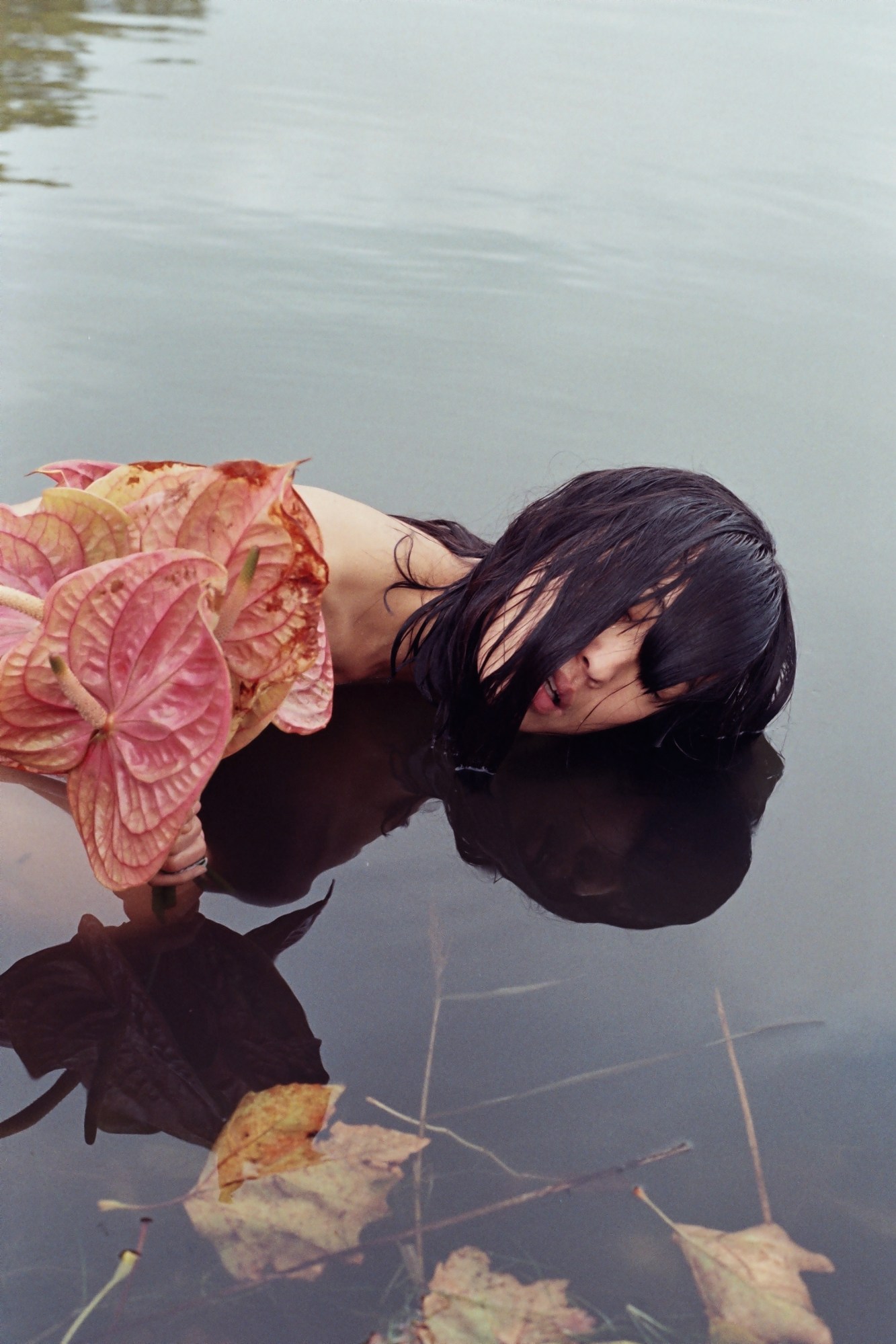
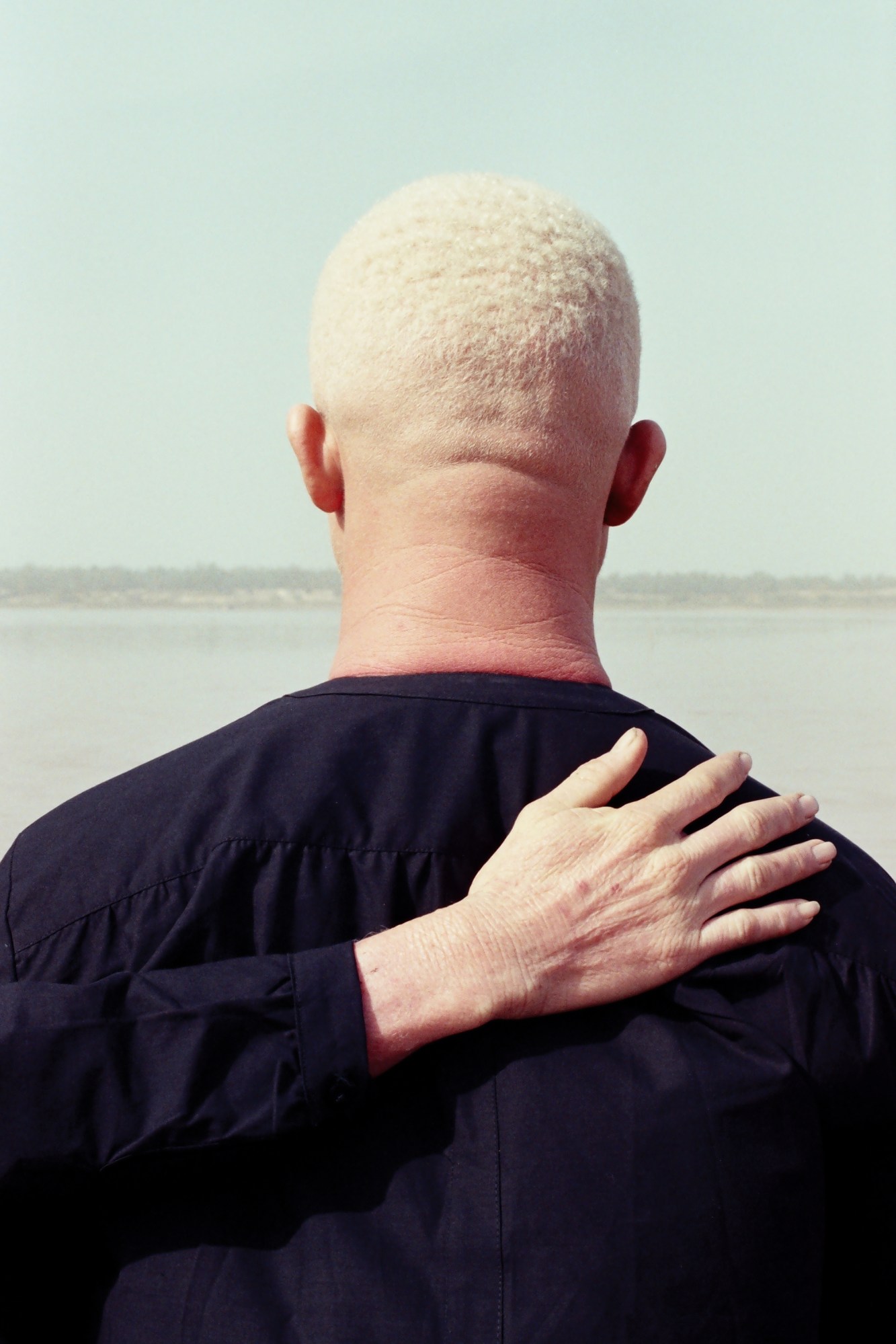
Follow i-D on Instagram and TikTok for more photography.
Credits
All images courtesy Denisse Ariana Pérez
